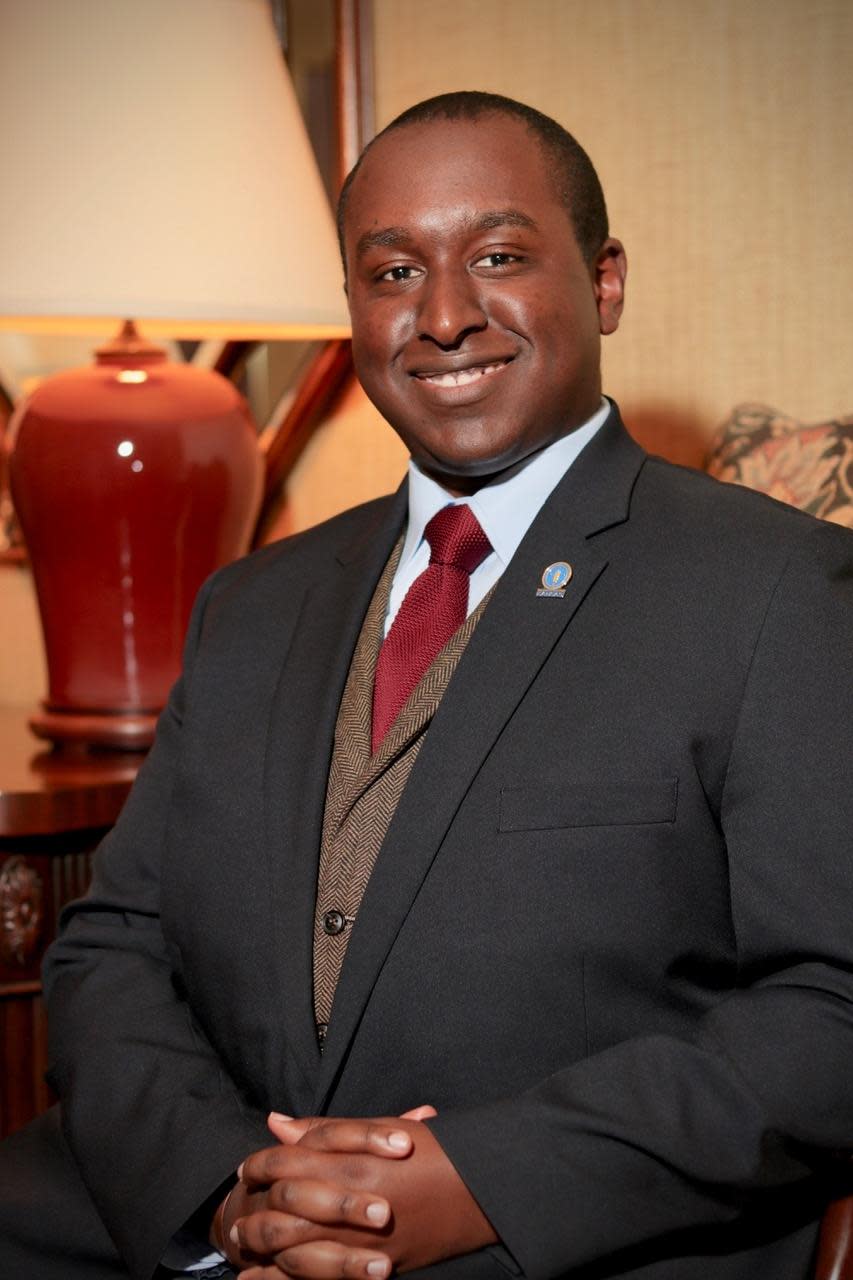Answer to rural education issues in Kansas can be found in Education Savings Accounts

While traveling across Kansas, I've always admired the open beauty of Kansas' rural areas. From Wilson Lake's beauty to the rich farmland in Nemaha and across Kansas, these small communities epitomize life, individuality and freedom.
However, regarding rural education, more signs suggest it is not free but at the mercy of a monopoly. To save rural education and rural Kansas communities, Kansas rural Republican lawmakers must listen to parents and restore educational freedom.
Imagine a world where all groceries come from a single store. No local markets and no neighbors to rely on. Just the Public General store. Their bargaining and market power would drive up prices, mismanage finances and lower quality of goods and services.
What's worse is if that store closed, communities would starve.
This is the nature of a monopoly and the nature of Kansas education. Adjusting for cost of living, Kansans pay nearly $20,000 per year per student in a public school. However, their rewards are declining test scores, dismissive school boards and financial mismanagement. Our tax dollars should educate children, not support a monopoly.
The answer is simple — parents need more educational choices.
Earlier this year, Kansas lawmakers considered an innovative policy: Education Savings Accounts. ESAs would empower parents by freeing roughly $5,000 for their children's educational needs. It's a financial incentive to create more rural schools that better serve their communities. However, unions and administrators opposed this initiative, intimidating rural lawmakers into safeguarding the monopoly instead of fulfilling constituents' desires.
If rural Kansas lawmakers fail to act, rural towns will face closing schools. It's not hyperbole but a fact. For example, the local school board in Ellsworth County decided to close Wilson, Kansas' only high school, despite the area's population growth over the past decade.
In response, a local church decided to step up and try to serve parents and abandoned children but needed funds. A comparable crisis occurred in Wetmore. In both cases, an ESA would've provided communities the resources to start a new school and keep their zip code.
In Arizona, the Grand Canyon state is a grand example confronting the failing narrative that school choice hurts education. One report revealed that "the highest concentrations of ESA usage actually occur in Arizona's most severely economically disadvantaged communities." Parents across the country and here at home know this.
SurveyUSA, rated "A+" by fivethirtyeight.com, found 72% of Kansas parents and grandparents believe they should have access to ESAs if they find their public school inadequate for a child's academic needs. A National School Choice Week survey found that 41.8% of parents agree that their community lacks sufficient education choices for families.
The Kansas educational monopoly has entrapped rural communities, failing kids and, at worst, abandoning entire towns and families. The answer is to grant parents the freedom to choose the best education for their children. It's time for Kansas rural lawmakers to save the beauty of rural Kansas and revive such a cherished way of life.
Michael Austin is the legislative and coalitions director of Americans for Prosperity-Kansas.
This article originally appeared on Topeka Capital-Journal: Answer to Kansas rural education issues is Education Savings Accounts

